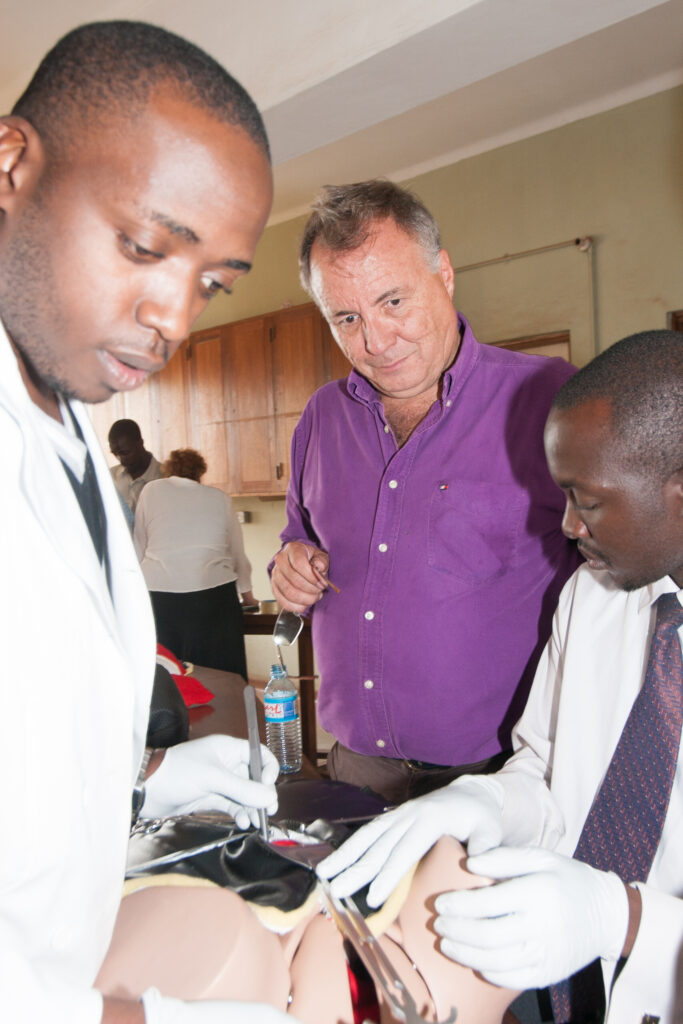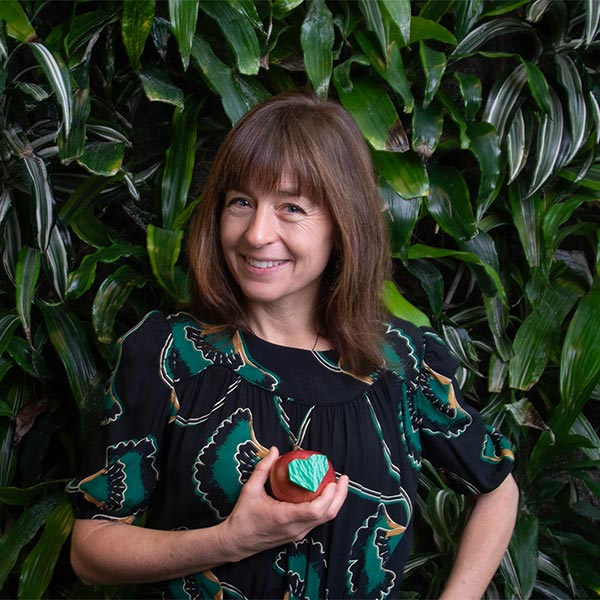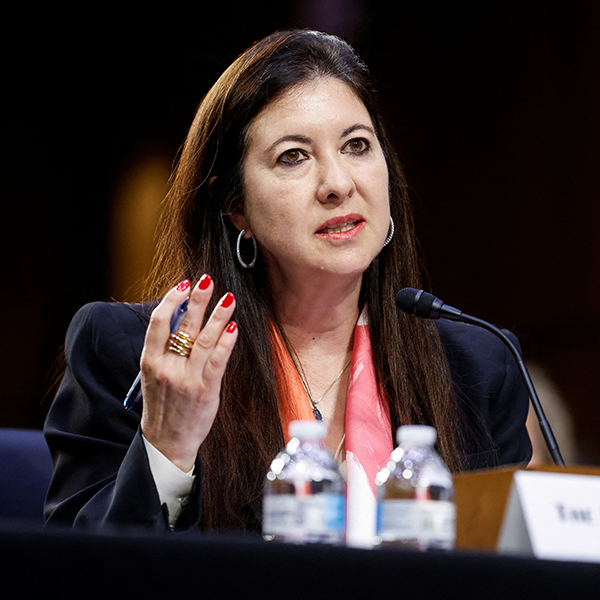As a child growing up in Alberta, Dr. Ronald Lett, MSc’92, remembers watching a TV show about doctors flying into communities in Africa, with crowds gathered to greet the arriving plane.
“I wanted to be that,” says Lett, a general surgeon who was recently honoured by the Royal College of Physicians and Surgeons of Canada with its 2018 Teasdale-Corti Humanitarian Award.

Lett is credited with helping to train 35,000 health care practitioners in Africa in life-saving surgical skills. He has made that happen through the Canadian Network for International Surgery (CNIS), the charity he co-founded to try to improve health and safety in sub-Saharan Africa.
The CNIS focuses on surgical and obstetrical skills training and injury prevention. Its 12 courses range from hernia repair and burn management to essential surgical skills. The latter aims to equip primary care providers – junior doctors and clinical associates – with a standard set of life-saving surgical skills for the emergencies they’re often called upon to deal with.
Surgeons, obstetricians, anesthetists, and nurses in Canada volunteer with the CNIS.
“We’re strengthening the teaching programs that are already in existence,” Lett says of colleges and universities in Africa.
“We do a training of trainers. So we train the African instructors how to teach our courses. And then together we teach the learners, whatever level they’re at.”
One goal is to improve maternal mortality. In Tanzania, the maternal death rate is slightly more than 400 per 100,000 live births, Lett says, and double that in Nigeria.
The CNIS’s obstetrics course deals with Cesarean sections and other obstetrical procedures and uses animal parts as teaching tools. For example, students practise their suturing skills on goat’s feet. They also do a supervised clinical practicum.
The network also focuses on preventing injuries, which Lett notes account for more global deaths than HIV, tuberculosis and malaria combined.
“The proportion of people dying of injury in [developed countries] is about 3.5 per cent, while in Africa it’s about 13 per cent. And so your lifetime risk of an injury death in Africa is very high.”
Lett first went to Africa – the southern Sudan – to do an elective as a medical student at the University of Alberta.
“I really did find it exhilarating to be working in that environment. And also, of course, the need is so great so that you feel like you can make a contribution.”
He went on to live and work in Africa for most of his medical career, but returned to Canada to further his education, first to become a general surgeon, and then later at McGill, to do his master’s in injury epidemiology.
“I kept thinking I needed to know more,” says Lett, an adjunct professor of surgery at McGill.
“I came to the conclusion that I couldn’t do it myself and that’s when I started mobilizing others.”
While studying at McGill, Lett received a six-month scholarship from the Canadian Bureau for International Education to start developing a curriculum for young doctors in Ethiopia.
“I thought at the end of six months that I’d be done. And I’m still working on it. We’re now digitizing the curriculum and things like that. So it became something that carried on forever.”
He received some financial support from McGill’s Faculty of Medicine to return to Ethiopia to continue his work and subsequently created the CNIS in 1995 with two co-founders, including retired McGill surgeon Peter McLean, BSc’55, MDCM’57.
“I’m glad that he was so committed. I think it was important,” says McLean, who is pleased to see Lett honoured.
“I admired him for trying to do something on the ground in the area, firsthand,” McLean says, as opposed to doing the training work from a distance.
Lett says the work has been very gratifying and he appreciates the support from Canadian colleagues with the training and from African colleagues “who have been very cooperative in working together with us to improve surgical care in numerous countries.”
As for the award, it was exciting to have his career recognized “because when you do sort of an offbeat [thing] or something that not everybody else does, you don’t always get recognized for it,” Lett says.
“It just validates my career, which is kind of nice.”
His colleagues say his ability to develop courses to teach a given skill is “legendary,” according to the Royal College of Physicians and Surgeons.
“My dad was a high school principal and he was very disappointed when I didn’t go into teaching,” says Lett, “but was quite satisfied later on and said, ‘You went a long way around to just become a teacher.’”


